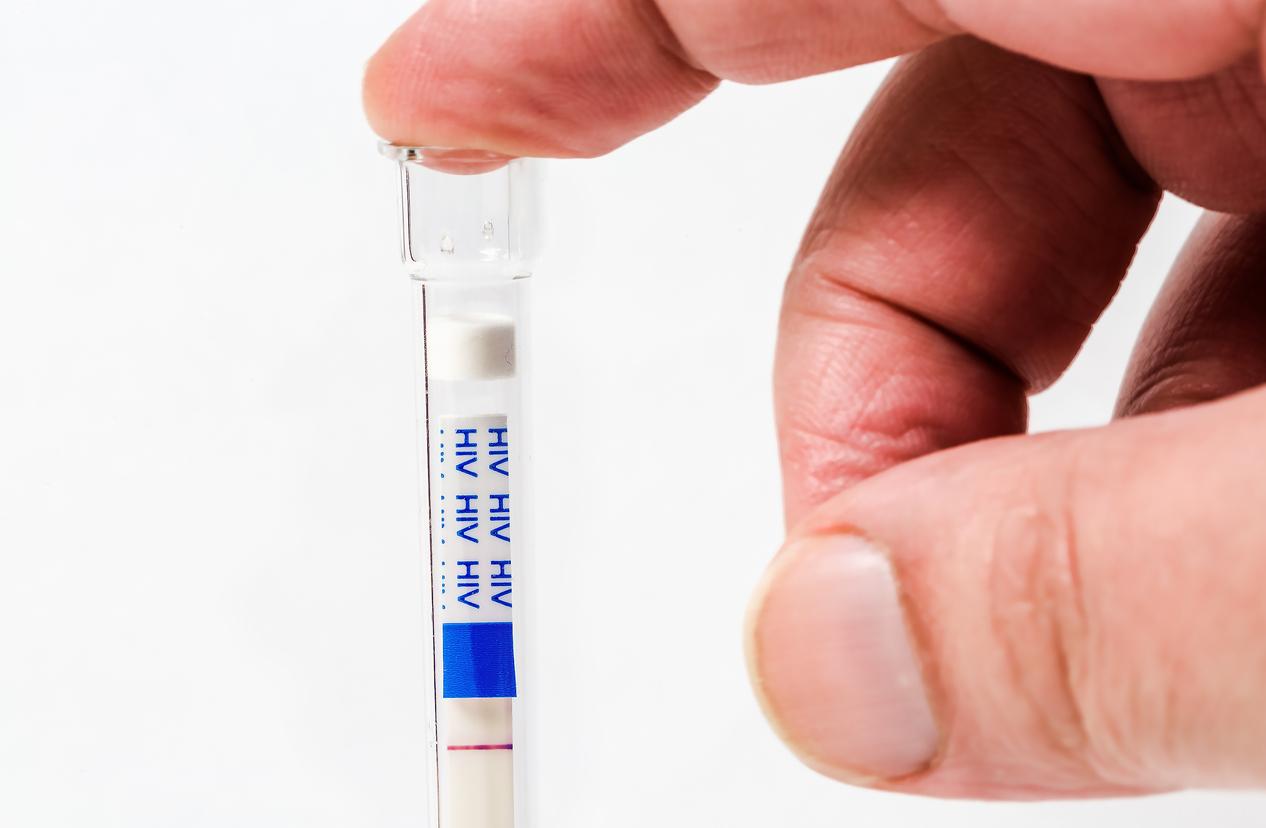While the world conference on AIDS is being held from July 21 to 24 in Mexico, experts are concerned about the lack of strategy at the global level.

“The AIDS epidemic is at a critical moment”. This is the worried message from the editor of the scientific journal The Lancet. In an editorial published on Sunday July 21 at the opening of the IAS Global HIV Conference which will be held until July 24 in Mexico City (Mexico), Richard Horton is alarmed by the lack of world leadership on the subject and the threats made against UNAIDS. Not only has this Joint United Nations Program on HIV/AIDS no longer had a director since May, but many people are also calling for its disappearance by integrating it into the World Health Organization (WHO). François Dabis, director of the National Agency for AIDS Research (ANRS), shares these concerns.
“At the global level, there is no more governance (…) We have never experienced this at a world congress. Everyone finds themselves isolated. As if it were no longer a major issue. It is alarming All this gives a high feeling of uncertainty,” he explains to Release.
And if the AIDS epidemic has greatly diminished in the world in recent years, the figures are now stagnating. According to the UNAIDS report published in early Julyoverall, the number of new infections (1.7 million) may have decreased by 16% compared to 2010, the figures for 2018 do not differ from those of 2017.
PrEP, an increasingly popular treatment in Western countries
“According to the latest estimates, we are around 53% of people living with HIV who are in a position not to transmit the virus. In short, we have only come halfway”, he explains, very worried about regional disparities. Because as the latest UNAIDS report showed, southern Africa may have made a lot of progress in this area, but some countries in Eastern Europe, conversely, are regressing.
But fortunately it’s not all bad news. Regarding treatments, PrEP, which consists of taking an anti-AIDS drug to prevent contamination, works well in Western countries. “The international recognition of the French model with PrEP on demand, that is to say not continuously but when taking a risk, is validated (in France, PrEP has been available and reimbursed since 2016 , Editor’s note). And then, of course, in terms of effectiveness, there is no negative signal that appears. We are close to zero contamination under PrEP. And the few rare cases of infection are linked to poor treatment,” explains François Dabis. In Australia, the number of contaminations has decreased by 30% among male homosexuals, the population mainly using PrEP.
As for vaccines, the cycle on large trials, currently underway in South and southern Africa, should end at the end of 2020. “It is to be hoped that these trials will give a better signal than the trials carried out in Thailand ten years ago. years, with an efficiency rate of 20% to 30%. But we won’t know until the world conference in October 2020”, concludes François Dabis.
37 million people infected worldwide
This discourse is in line with that of many experts at the World AIDS Conference who have also validated the interest of PrEP. For the first time this year, even the WHO has taken a stand in favor of this preventive treatment.
Only downside: the risk that the popularization of this drug will reduce the use of condoms, which remains essential. Because if thanks to these tablets we can avoid HIV, many other potentially dangerous sexually transmitted infections are currently on the increase, including Syphilis.
According to The Lancetalmost 37 million people are living with HIV in the world today.

.

















